Fight for reconciliation in Australia is more important this year than ever before, but there is no clear path forward | Douglas Smith
When the No campaign told Australia that a Yes vote would “divide” us, they failed to mention this part, writes Douglas Smith.
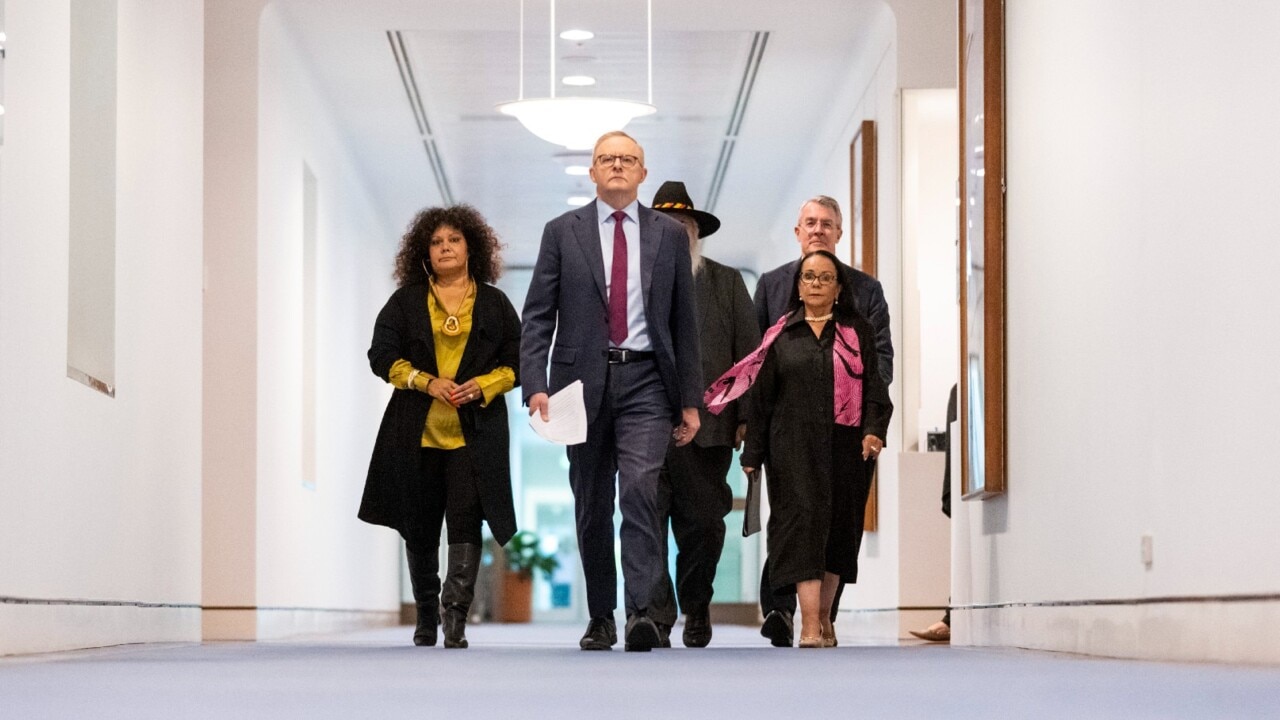
It’s hard to care much about National Reconciliation Week this year.
Each year, the event gives us all the opportunity to reflect on the past, connect in the present, and look to the future, together, but not this year.
Tuesday marked 24 years since an estimated 250,000 Australians marched together across the Sydney Harbour Bridge in the Walk for Reconciliation.
Never before, or again, has there ever been a bigger public demonstration in the history of Australia.
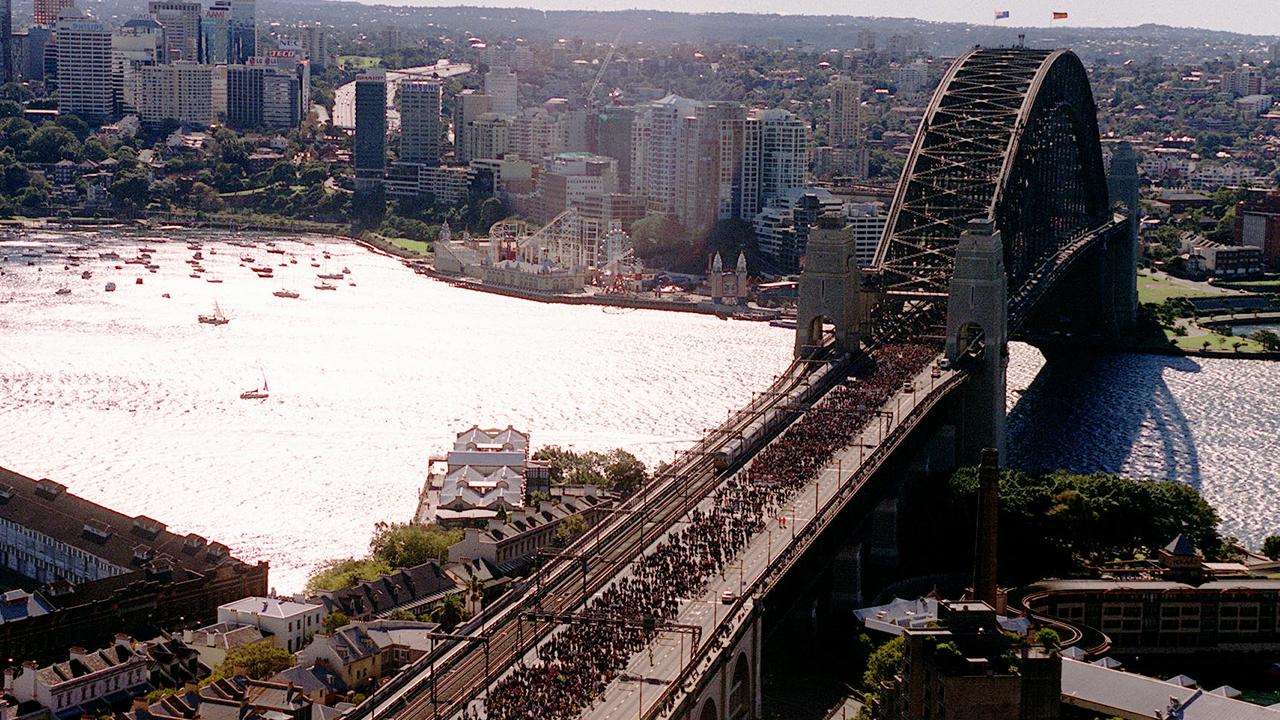
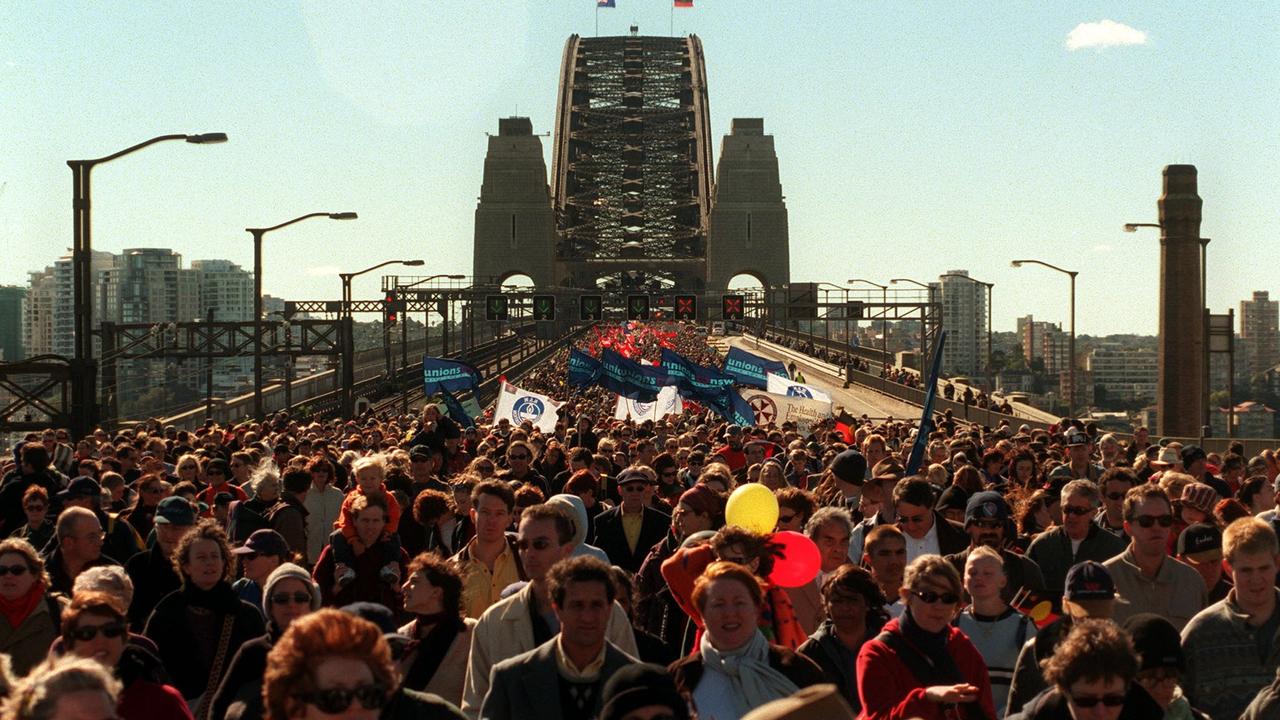
My grandfather, who was a victim of the Stolen Generations, and suffered from atomic bomb testing at Maralinga, was there.
He still marched side-by-side with Australians from all backgrounds, despite the atrocities forced upon him by Australia and the Crown.
It was for the greater good. They marched together for a better future for all Australians, one not divided by culture, colour or race.
That was 24 years ago, and up until a year or two before the referendum, Australia still had hope. It’s different this year. It feels like Australia has taken 10 steps backwards. We (Australia) are not together, not even close.
I’d be surprised if you got a quarter of the people who marched in Sydney in 2000, to do the same again today for the same cause.
It feels more divided now than it has ever been in the 33 years I have been around, and I grew up in a town that had a bar for black people, and a bar for everybody else.
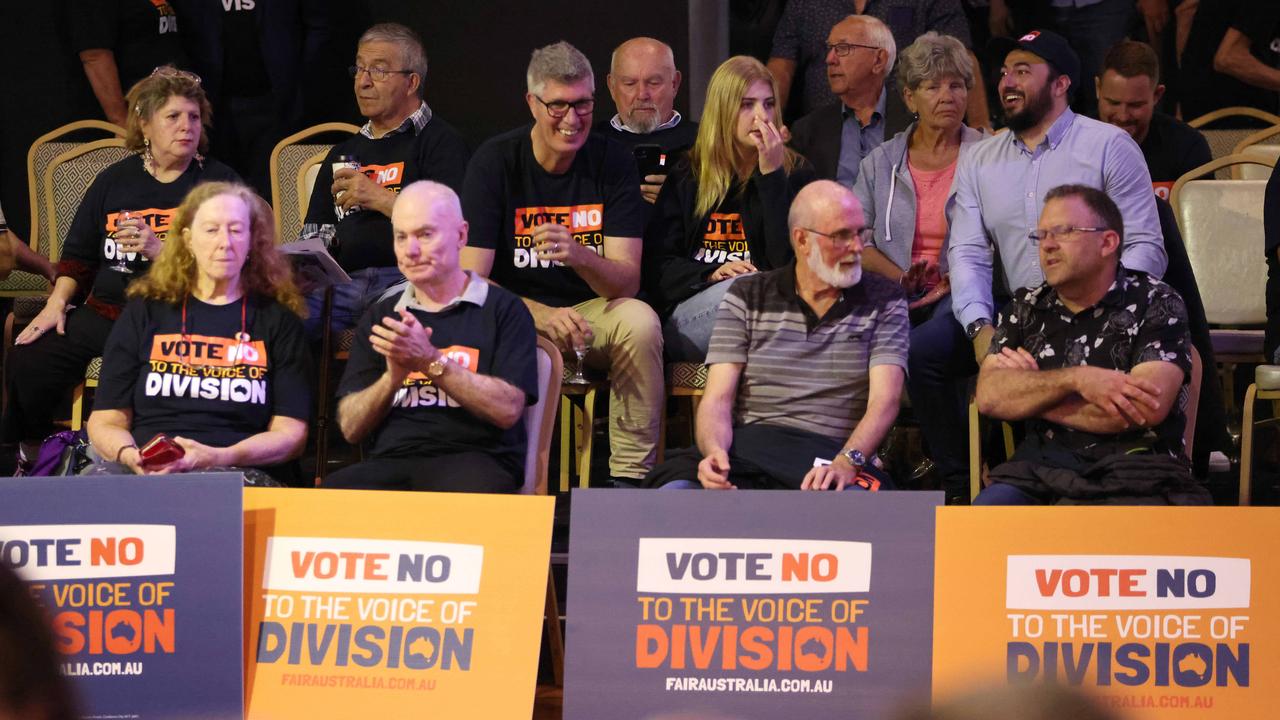
When more than 60 per cent of Australia voted ‘no’ in October, it wasn’t just a ‘no’ to the Voice, it was also a ‘no’ to reconciliation. It was a slap to the hand of First Nations people that was extended to the rest of the country.
Think about it. Or at least, think about the English definition of what “reconciliation” means; ‘the act of causing two people or groups to become friendly again after an argument or disagreement’.
You can’t deny that the disagreement our country just had over the Voice was something so important that it could be considered the determining factor of whether or not Australia still wants a relationship with its first peoples.
When I think of what reconciliation means to me, I think about how I fitted into Australian society as a young black kid growing up in a town often divided down a racial line.
Although I experienced racism almost daily, I was still very lucky to be born in the 90s, at a time when Australia started to see the error in its ways.
It wasn’t as bad for me as it was for my parents, or my grandparents, all who experienced the worst of racism, forced removal, segregation, land dispossession, and atomic bomb testing on our country by the British and Australian governments in the 50s and 60s.
I can’t think about reconciliation without thinking about all the atrocities Australia and the Crown has committed not only against my own family, but against all Indigenous people since 1788.
My people were dispossessed of their land, they were massacred, mothers had their children taken by the thousands, there was extreme racism and violence forced upon my Elders and my ancestors and yet, our Elders still wanted to reconcile with white Australia.
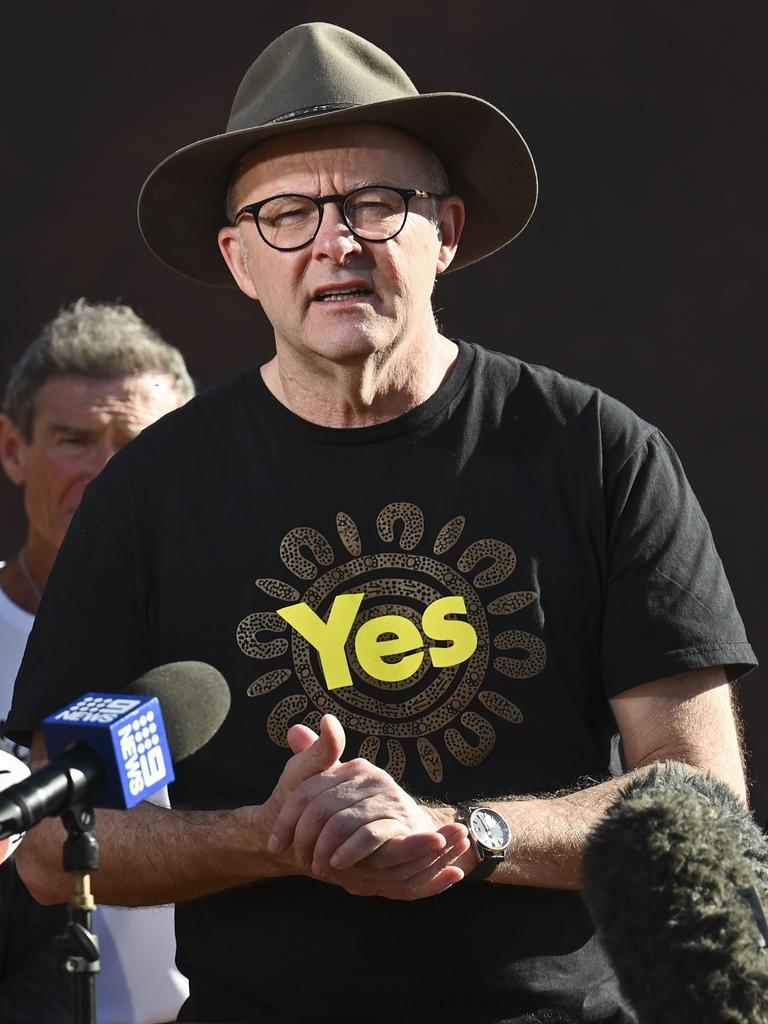
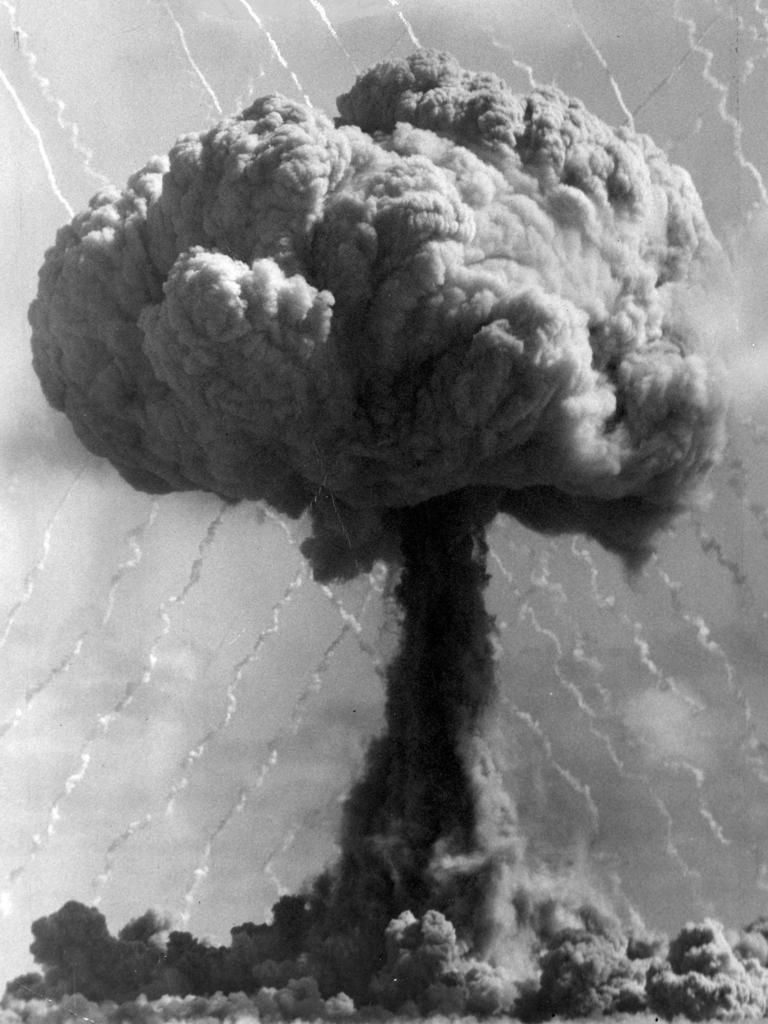
First Nations people have always been the first to extend their hand in an offer to reconcile the past, and still want to continue that legacy in 2024, even after feeling utterly rejected by the Australian people last year.
The theme for Reconciliation Week this year, ‘Now More Than Ever’, is intended to remind all who support reconciliation in Australia, that “no matter what, the fight for justice and the rights of Aboriginal and Torres Strait Islander people will – and must – continue”.
I have to admire my people for still wanting to extend that hand. We have come too far not to continue to fight for the cause, but I don’t see how it’s going to happen, at least not anytime in the near future.
The status quo will have to remain for my people, and it will continue to be measured through the Closing The Gap targets we see failing every year.
When the No campaign told Australia that a ‘yes’ vote would “divide” us, they failed to mention that it was actually the other way around.
We are not divided if you hear a Welcome to Country at an event.
We are not divided when our sporting codes celebrate our Indigenous stars and we are not divided when Indigenous people practice our culture in mainstream society.
We are only divided through forced assimilation, and what forced assimilation looks like in 2024, is a country that has no clear path forward for reconciliation, a majority population who voted ‘no’, and policies created by federal and state governments that will continue to impact negatively on Indigenous people.
Australia has a shared history and a shared culture. We should be embracing that, not the opposite.
More Coverage
Originally published as Fight for reconciliation in Australia is more important this year than ever before, but there is no clear path forward | Douglas Smith





